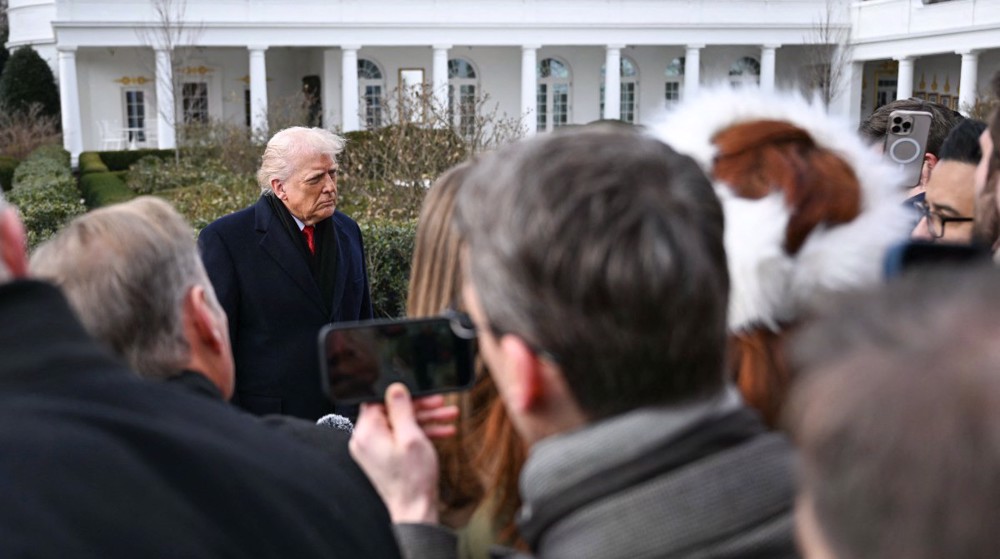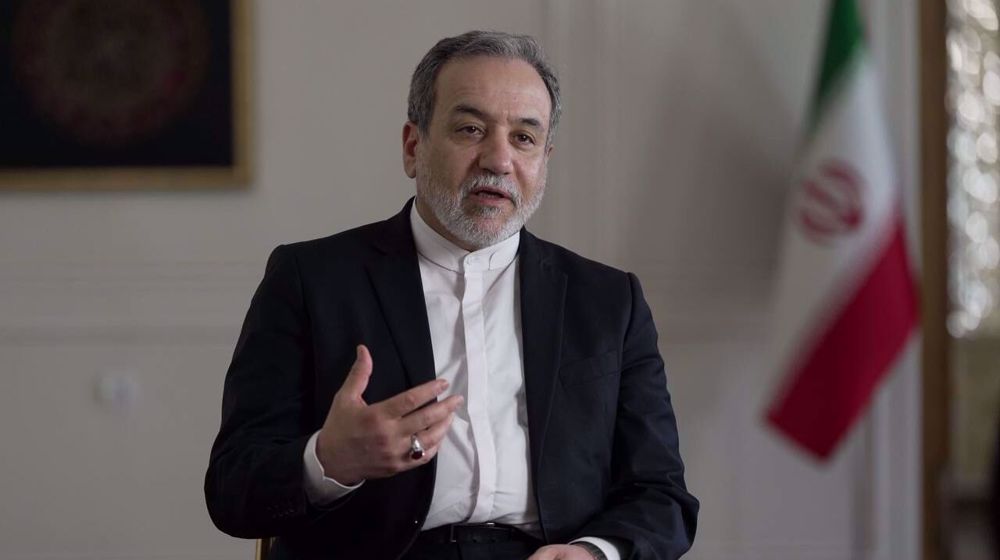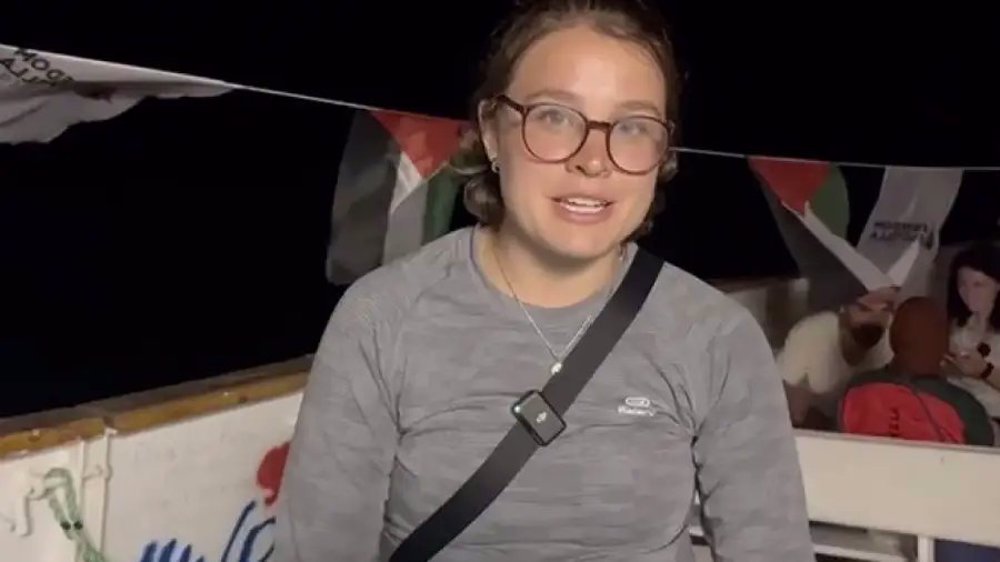No genuine ceasefire in eastern Ukraine: Merkel
German Chancellor Angela Merkel has slammed the violation of the Minsk ceasefire deal in eastern Ukraine, saying there is no genuine ceasefire in the restive region.
“Unfortunately we still do not have a ceasefire today,” Merkel told a news conference after meeting with Russian President Vladimir Putin in Moscow on Sunday, adding, “We had hoped to have agreed a ceasefire... Unfortunately the ceasefire did not come.”
The German official claimed that, based on the information she has received from the Organization for Security and Cooperation in Europe (OSCE), the pro-Russia forces are to blame for the failure of the ceasefire.

She also criticized Moscow’s stance toward the Ukrainian crisis, saying it caused a “severe setback” in bilateral relations between Russia and Germany and went against “the basis of the common peaceful order of Europe.”
Merkel traveled to Moscow to take part in a ceremony honoring the 70th anniversary of the victory over Nazi Germany in World War II.
Putin, however, gave a positive assessment of the implementation of the Minsk agreement between Kiev and pro-Russia forces.
“In my view, there is every ground to believe that with difficulties, but all the same the Minsk process is moving,” he said, adding, “Despite all the problems in eastern Ukraine, it has become calmer.”
He also pointed out that both sides of the Ukrainian conflict should be held accountable for the violation of the truce, saying Kiev and pro-Russians can overcome the differences only through “direct dialogue.”

“I agree with the German Chancellor [that] there’s no other alternative but to achieve fulfillment of all the Minsk pacts with the help of the instruments of the OSCE,” he went on to say.
The Russian president also vowed to do his utmost to find a way to end the deadly clashes in eastern Ukraine.
Russia will “bring to bear all the influence we have on the leadership of Lugansk and Donetsk,” he pledged.
Minsk ceasefire deal
During peace talks in the Belarusian capital city of Minsk on February 11-12, the leaders of Germany, France, Russia and Ukraine reached a deal on the withdrawal of heavy weapons from Ukraine’s frontlines and a ceasefire, which officially went into effect on February 14. The two sides, however, have continued to engage in sporadic clashes.
Source of conflict
Back in March 2014, Ukraine’s Black Sea peninsula of Crimea joined the Russian Federation following a referendum, a move which greatly frayed Moscow-Kiev ties.

Relations were strained further after Ukraine launched military operations in mid-April 2014 to silence the pro-Russia protests in the country’s mainly Russian-speaking regions of Donetsk and Lugansk in eastern Ukraine.
Kiev, the US and the European Union accuse Moscow of involvement in the chaotic situation in eastern Ukraine and have imposed a series of sanctions against Russian and pro-Russia figures. Moscow, however, rejects the accusation and has retaliated with sanctions of its own.
FNR/HJL/SS
Thousands protest Trump’s immigration policies on second term anniversary
Ex-NATO chief slams Trump’s Greenland threats, calls on EU to hit back
US ‘must be held accountable’ for supporting terrorism in Iran: Araghchi
VIDEO | Pro-Palestine protest in Madrid challenges UK repression
Canada PM: World order in ‘midst of a rupture’ from US hegemony
VIDEO | Iron walls: One year of Israel’s largest military operation in Palestine in years
Italian farmers protest EU-Mercosur free trade deal
VIDEO | Russian FM holds annual press briefing, highlighting ‘equality-based’ diplomacy










 This makes it easy to access the Press TV website
This makes it easy to access the Press TV website